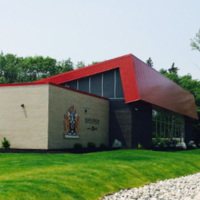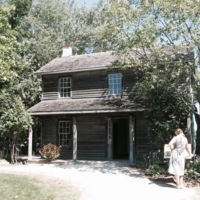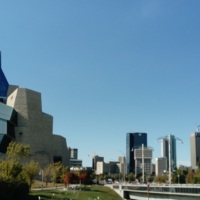3 results
Legacies on Display: Slavery in Museums
Museums are exciting places to see the usable past in action. They bring together objects, people and places to provide interpretation and facilitate discussions on a range of topics, from history to human rights. There is a global tradition of museums representing slavery beginning in the early twentieth century. These museums range from small, local community museums in the UK, that focus on individual abolitionist leaders, to redeveloped slave forts on the West African coast and large national institutions in North America. As well as providing visitors with information about slavery, both historic and modern, museums can also provide evidence as to how societies are thinking about these issues.
This collection showcases museums across the world that house permanent exhibitions relating to slavery and abolition.

Black Loyalist Heritage Centre
The Black Loyalist Heritage Centre interprets the story of the world’s largest free African population outside of Africa in the late eighteenth century in Nova Scotia. Set in two acres of grounds, the centre combines purpose-built archives and conference facilities with historic buildings and the…

Uncle Tom’s Cabin Historic Site
Built on the site of the Black settlement that Rev. Josiah Henson helped found in 1841, Uncle Tom’s Cabin Historic Site preserves the settlement where Henson and his wife Nancy lived. The site is situated within 200 acres and was named after Harriet Beecher Stowe’s popular 1852 antislavery novel…

Canadian Museum for Human Rights
Situated in Winnipeg, at the heart of the Canadian Prairies, the Canadian Museum for Human Rights is the first museum in the world solely dedicated to the past, present and future of human rights. The museum aims to create inspiring interactive experiences for its visitors in order to equip them…